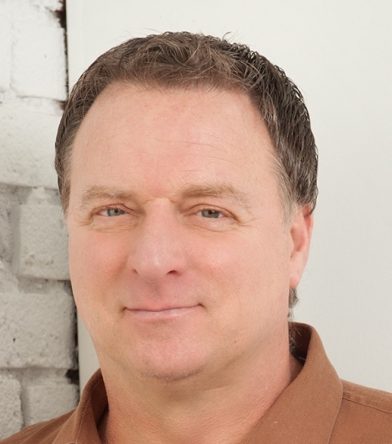
Scott Shurtleff is an alumnus of Northeastern University’s Master of Arts (MA) in Journalism program. He joined Northeastern with a background as a freelance writer and a United States Army veteran, where he worked as a military journalist and correspondent. During his time as a graduate student here, he began working with The Lowell Sun and has continued his work there after graduating.
We recently caught up with Scott about how his master’s degree, experience as a freelance writer, and his history as a Veteran have all combined to make him a successful journalist.
What made you pursue work at The Sun?
The Lowell Sun is a widely circulated hometown newspaper that engages in traditional journalistic practices. I have been a freelance correspondent for them since January, when I was still studying at Northeastern, so we have an established trust and comfort with each other. Aside from being a respected publication that happens to be headquartered two blocks from my house, The Sun offers a wide variety of opportunities for their reporters; from daily hard news to enterprise and investigative, even photojournalism and long-form features. This allows for personal and professional growth across many areas of the industry. Versatility is a powerful skill to include on a resume.
How has your time at Northeastern helped your professional work?
The professors and curriculum at Northeastern University were an immense boost to my work. I have always been a capable writer with some modest journalism experience, but not until the Husky forces got ahold of me did I get the comprehensive set of skills necessary for success in this very competitive industry. The hands-on approach, taught by noted professionals, is a very effective, proven strategy. The challenges were formidable but necessary to help grasp the importance of deadlines, accuracy, ethics and fairness – the building blocks of credibility.
How has your background as a Veteran working in journalism influenced your work and style?
Being a Veteran of the United States Army is an incredible asset, both personally and professionally. As a member of the Army airborne, I developed a certain degree of self-confidence and fearlessness. But these are valuable in a more sublime way than you might think in that I have the courage to try and more importantly, the courage to fail. There will be lots of dead ends in journalism, and lots of frustration and push-back from subjects and from colleagues. This must be seen as growth instead of stagnation. In the military, as in journalism, patience really is a virtue. And when you spend hours or weeks meticulously preparing for a mission or a task then are forced to sit on your hands without action, it can be demoralizing. The military and the newspaper business have woven into my skin the ability to wait, and the sagacity to bite my tongue. As a soldier and as a curious journalist, I have learned, most of all, the importance of paying attention – to your surroundings because your safety may depend on it, and to your instincts because someone else’s safety may depend on it. The best journalists and the best soldiers I ever served with all have one thing in common–they are hyper-observant. Be aware. Be nosy. Be inquisitive and stay focused.
What are you hoping to do in the future?
Since I was an older student at Northeastern, the future for me is shorter than it is for most of the other students. I see that as hardly enough time visualize any measurable acclaim in the field. Over the next ten years or so, should the Pulitzers not arrive as planned, I still aspire to be a trusted source for information. I hope too that my work helps to highlight injustices, to expose wrongdoing and to empower the silent to scream… and maybe entertain a few folks along the way.


